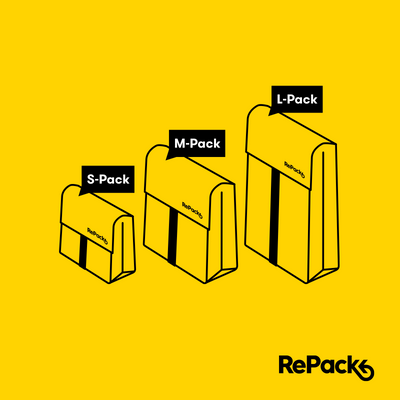
Want to know just how sustainable Afterglow’s recycled cotton yarn really is? Read on.
An academic study has shown that Afterglow’s cotton yarns are the most eco-friendly on the market.
The primary yarn for the fabric used in much of Afterglow’s first collection is comprised exclusively from textile waste and old clothing, which is deposited at collection bins worldwide, and upcycled by Spanish textile firm Recover, into an incredibly durable eco-friendly yarn.

The Study
So confident is Recover of their recycled cotton’s eco-credentials, in 2016 they participated in an academic study on the environmental impact of their recycled yarns compared to virgin cottons.
The study, conducted by the Department of Analytical Chemistry at the University of Valencia in Spain, encompassed a comparative evaluation of the life cycle assessment (LCA) of Recover cotton, to cotton cultivated from traditional and organic crops.
"So confident is Recover of their cotton’s eco-credentials, in 2016 they commissioned an academic study on the environmental impact of their recycled yarns compared to virgin cottons."
The comparison was based on a variety of environmental impact metrics (see metrics diagram), across every step of the cotton manufacturing process, including cultivation, ginning – the process of removing the seeds and debris from cotton – and dyeing.
The overall aim was to clearly show the environmental advantages of producing Recover cotton versus traditional cotton production.

Based on the commonly selected functional unit used for comparisons of this nature – a standard size 300 gm cotton t-shirt – the Recover recycled cotton sustainable t-shirt beat its traditional and organic rivals hand down.
While organic cotton (i.e. cotton grown without the use of insecticides and produced without additional chemicals), is more environmentally friendly than traditionally grown cotton, it turns out the Recover system is even better than both.
So how did Recover’s sustainable cotton fare?
As you can see from the diagram, Recover outperformed its rival materials remarkably. Its recycled cotton t-shirt uses no water and its other impacts measured to a tiny fraction of the traditional and organic cotton tees.
At the cultivation stage, the traditional t-shirt fared the worst, using up to a whopping 4422 litres of water per t-shirt and in the measurement for significant potential emissions, only beat out the organic cotton t-shirt in the metric for acidification potential.
"Recover outperformed its rival materials remarkably. Its recycled cotton t-shirt uses no water and its and its other impacts measured to a tiny fraction of the traditional and organic cotton tees."
In contrast, as Recover cotton requires no ginning or dyeing, as the colours are matched using Recover’s unique Colorblend process, so these metrics are completely removed from its manufacturing process.

And while the organic cotton tee otherwise performed far better of the two traditional cottons overall, with the ginning and dyeing process factored in, it was still far below the Recover t-shirt’s equivalent cutting and shredding process, which is the only process the company uses to produce the same amount of t-shirt material as the traditional cottons.
The Recover process also results in significantly reduced use of electricity from the ginning process, which is used in textile producing countries such as India, USA, China, Turkey and Tanzania – compared to the single cutting and shredding process used by Recover: 2.63 megajoules per kilogramme to 1.31 MJ / kg respectively.

As if that was not enough, 50% of the energy used to recycle and spin Recover yarns is also generated by solar power, and the company, which is free of hazardous substances, has scored highly in several sustainability ratings, including the Higgs MSI Index, which measures overall environmental impact and ranks Recover as the world’s leading producer of sustainable yarn.

The Conclusion
In short, the University of Valencia study concluded that the use of Recover yarns for the production of high quality textiles is extremely beneficial to the environment, while also providing a second life for previously used textiles.
To download the full University of Valencia study, click here for PDF
Proof, if any were needed, of the power of the circular economy.
---
Shop Afterglow’s first collection using Recover’s sustainable yarns.



0 comments